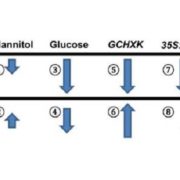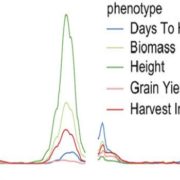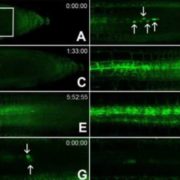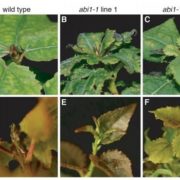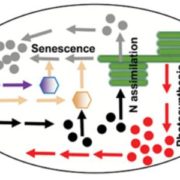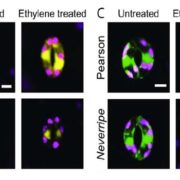Review: Matrix redox physiology governs the regulation of plant mitochondrial metabolism through post-translational protein modifications
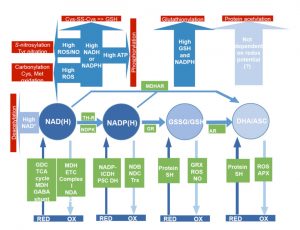
Mitochondrial metabolism provides ATP and reducing power to drive myriad reactions in the plant cell, and is constantly being fine-tuned in response to environment and demands. Post-translational modifications (PTMs) of proteins, including redox reactions of methionine and cysteine and carbamylation of lysine, arginine and proline, are crucial for this rapid, reversible responsiveness. The rate of mitochondrial electron transport affects the redox status of individual components, which can lead directly to post-translational modifications, hence alter metabolic flux, as reviewed by Møller et al. The authors discuss the reactions that determine the redox status of molecules including NAD(P)H/NAD(P)+, ascorbate, glutathione and thioredoxin, and how these molecules in turn affect PTMs and protein activities. They provide examples of adaptations and responses that occur during transitions such as light fluctuations and seed germination. (Summary by Mary Williams) Plant Cell 10.1105/tpc.19.00535


